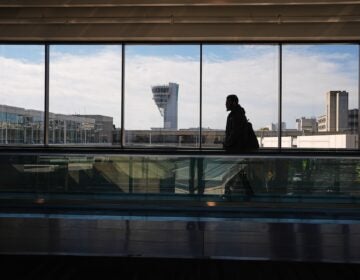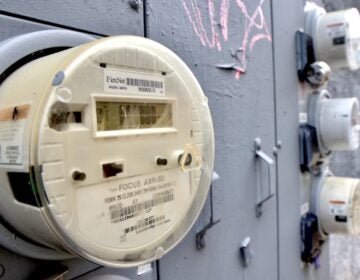Why are some Philly property assessments different from sales prices? [Updated]
Just a couple of months ago, a building at the corner of Philadelphia’s Seventh and Bainbridge streets sold for $950,000. The city assessed it for tax purposes at $545,600. Several blocks away, a home on Morris Street sold for $100,000 in September 2012. But guess what the city assessed it at? $202,700.
Several readers have asked the same burning question: Under Mayor Michael Nutter’s Actual Value Initiative, why has the city determined that some properties are worth less (or more) than what they sold for in the last couple years?
Well, there are a few potential reasons. One possibility is that a property’s sales price simply doesn’t reflect its actual value.
The goal of Nutter’s property tax overhaul is to assess homes and businesses based on their market value. But Richie McKeithen, Philadelphia’s chief assessment officer, said that a property’s assessment ought to be different than its sales price sometimes.
For instance, it should vary when people have paid less — or more — for a house than it’s actually worth.
“If you purchased a home for a certain price and you felt like really, to yourself, that was too good to be true, then it probably was,” McKeithen said. “The other sales are going to dictate that you should have probably paid more.”
City assessors determined if someone likely over- or underpaid by analyzing 640 “geographic market areas” throughout Philadelphia, which are regions where similar homes sell for comparable amounts.
In fact, University of Pennsylvania economist Kevin Gillen told me that the city is not allowed by law to determine an assessment based on its sales price alone. City assessors must consider recent sales prices of nearby properties.
Also, Gillen said, one of AVI’s goals is to have uniform assessments.
“I like to think of good assessments as being a linear trendline around which real estate prices oscillate,” he said.
A second possibility is that your assessment is just wrong.
City officials said the assessments are fair and accurate, but they acknowledged that mistakes occasionally happen. If a homeowner thinks his assessment is off, he can ask the Office of Property Assessment for an informal review.
A third possibility is that the whole reassessment is flawed.
First District City Councilman Mark Squilla said his office has found hundreds of questionable assessments, including many that are very different than recent sales. He thinks this may indicate a bigger problem.
“I’m just worried now that we’re getting more and more calls that we’re logging, that it’s more than just some mistakes,” he said. “That there’s maybe some type of flaw in the process of how this was all done.”
Squilla’s district includes Fishtown, Northern Liberties, Pennsport and other neighborhoods that could face steep property tax hikes under AVI.
City Controller Alan Butkovitz, a critic of AVI, said his office has also found dozens of questionable assessments.
At this point, no one has demonstrated through a comprehensive analysis that the new assessments are inaccurate. Jane Roh, Council President Darrell Clarke’s spokeswoman, said his office is “not noticing any patterns of the assessments being way, way off from market values.”
The city began mailing out the new assessments just last week. If the whole reassessment is out of whack, we will almost certainly know in coming months. There are a lot of people watching this issue closely, including us.
WHYY is your source for fact-based, in-depth journalism and information. As a nonprofit organization, we rely on financial support from readers like you. Please give today.




